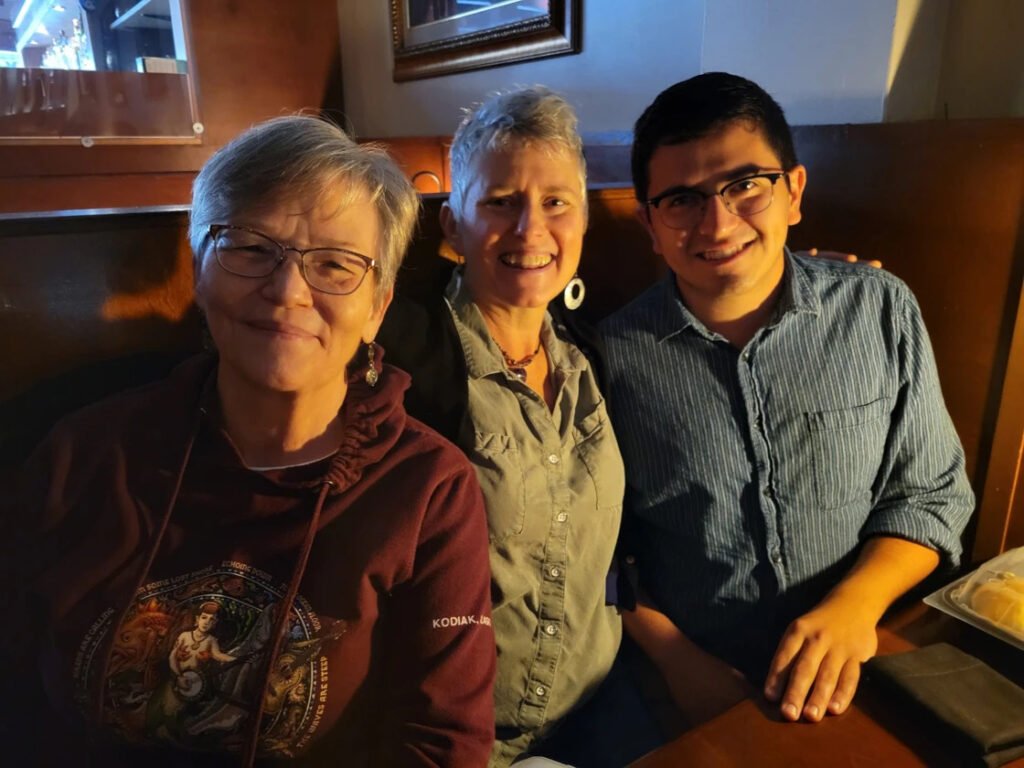First Executive Order to mandate federal policy action for LGBTQ seniors
In honor of Pride Month, on June 15th 2022, President Biden signed an Executive Order that will advances protections and support for the LGBTQ+ community. This Presidential Executive Order is the first of its kind that directs the U.S. Department of Health and Human Services (HHS) to publish a long-term care “Bill of Rights for LGBTQI+ Older Adults” and provide new guidance on the nondiscrimination protections for older adults in long-term care settings. The Executive Order is reflective of language from the Ruthie and Connie LGBTQ+ Elder Americans Act, named after lesbian activists Ruthie Berman and her late wife Connie Kurtz introduced by Congresswoman Suzanne Bonamici of Oregan that proposes increased federal funding support on the behalf of millions of LGBTQ seniors through the Older Americans Act (OAA).
According to the White House Fact Sheet, President Biden’s Executive Order builds on the historic progress he has made for LGBTQI+ people by:
- Addressing discriminatory legislative attacks against LGBTQI+ children and families, directing key agencies to protect families and children;
- Preventing so-called “conversion therapy” with a historic initiative to protect children from the harmful practice;
- Safeguarding health care, and programs designed to prevent youth suicide;
- Supporting LGBTQI+ children and families by launching a new initiative to protect foster youth, prevent homelessness, and improve access to federal programs; and
- Taking new, additional steps to advance LGBTQI+ equality.
Read the full White House Fact Sheet here
First Executive Order to mandate federal policy action for LGBTQ seniors Read More »
